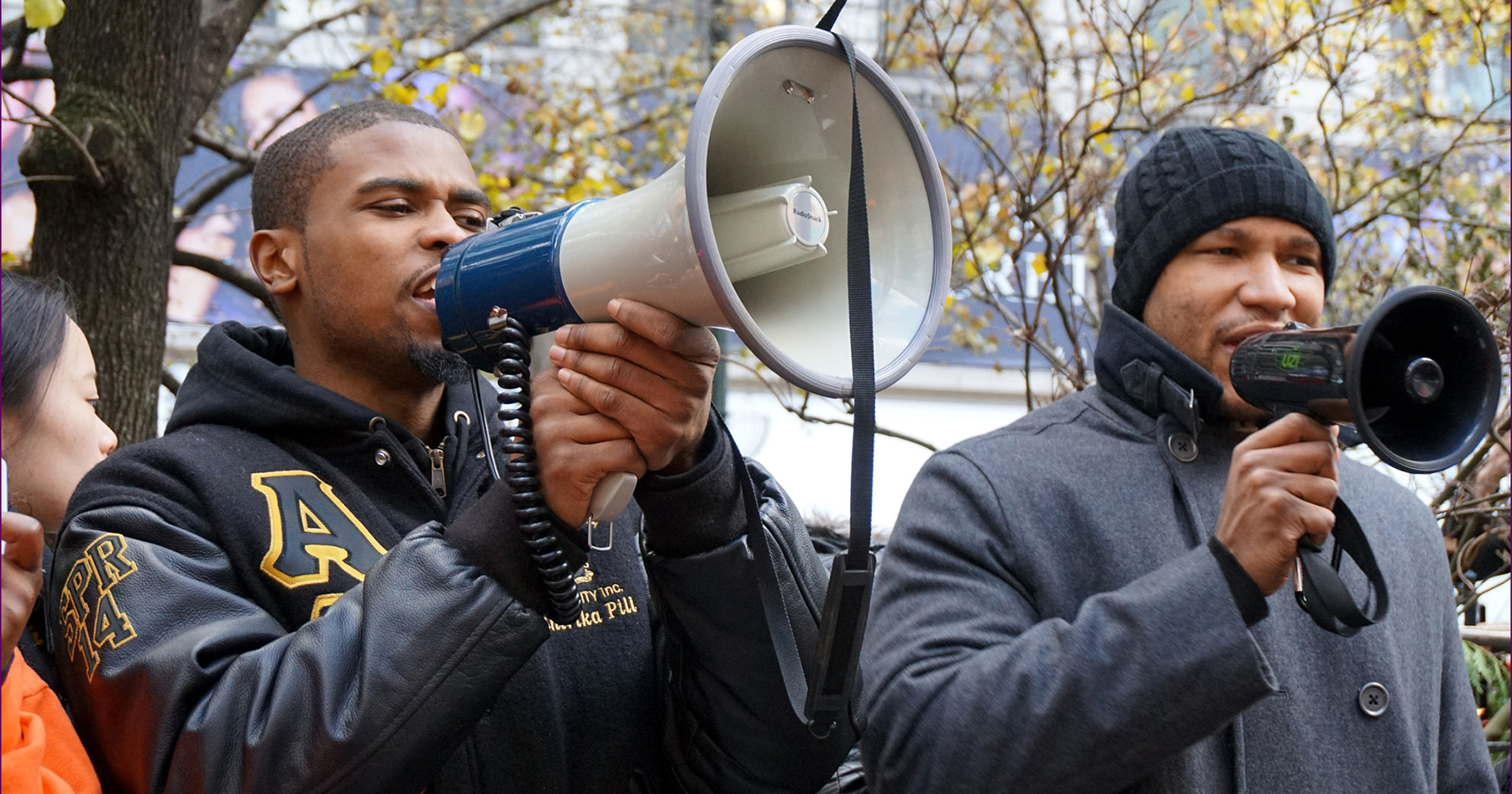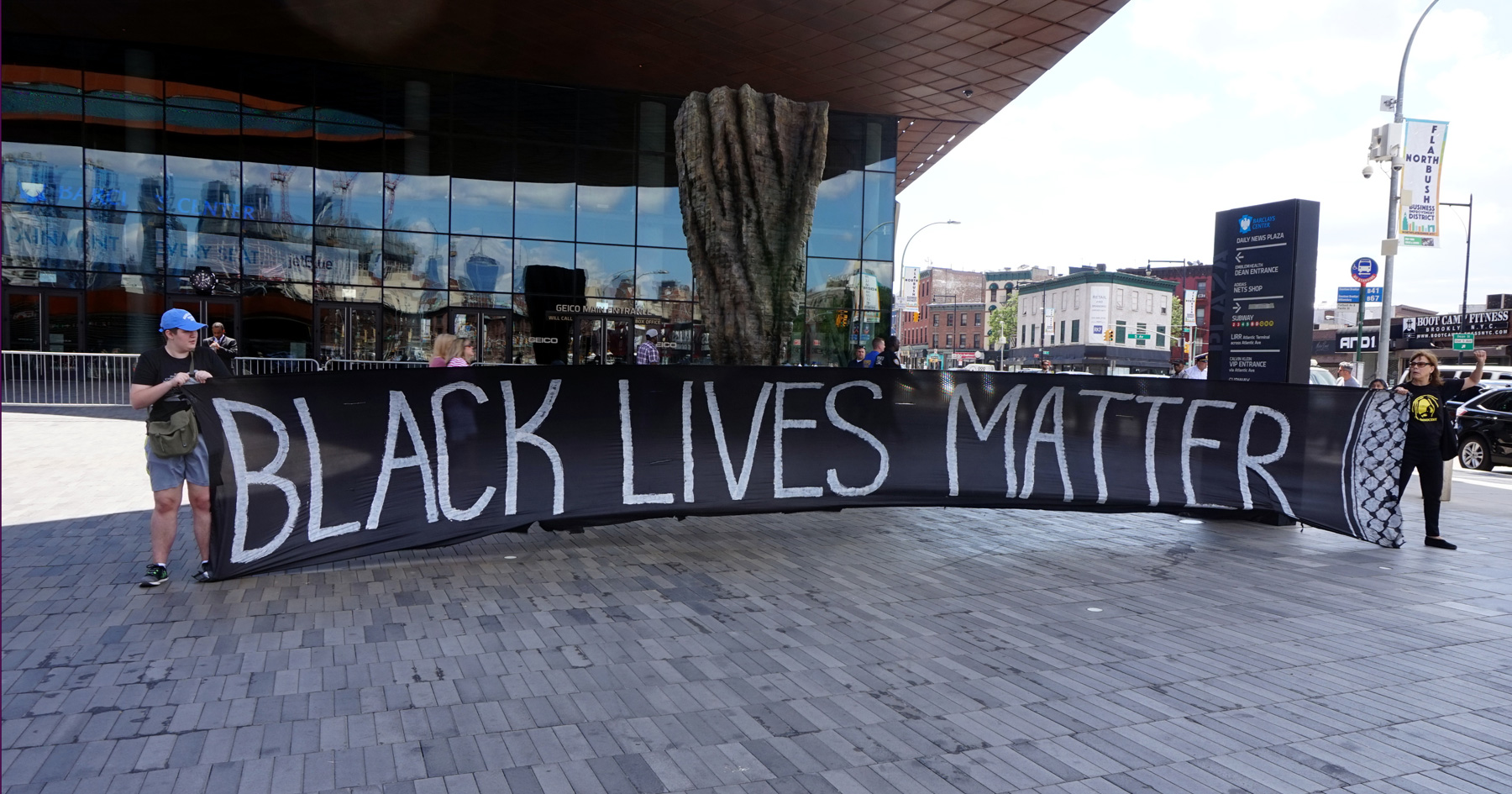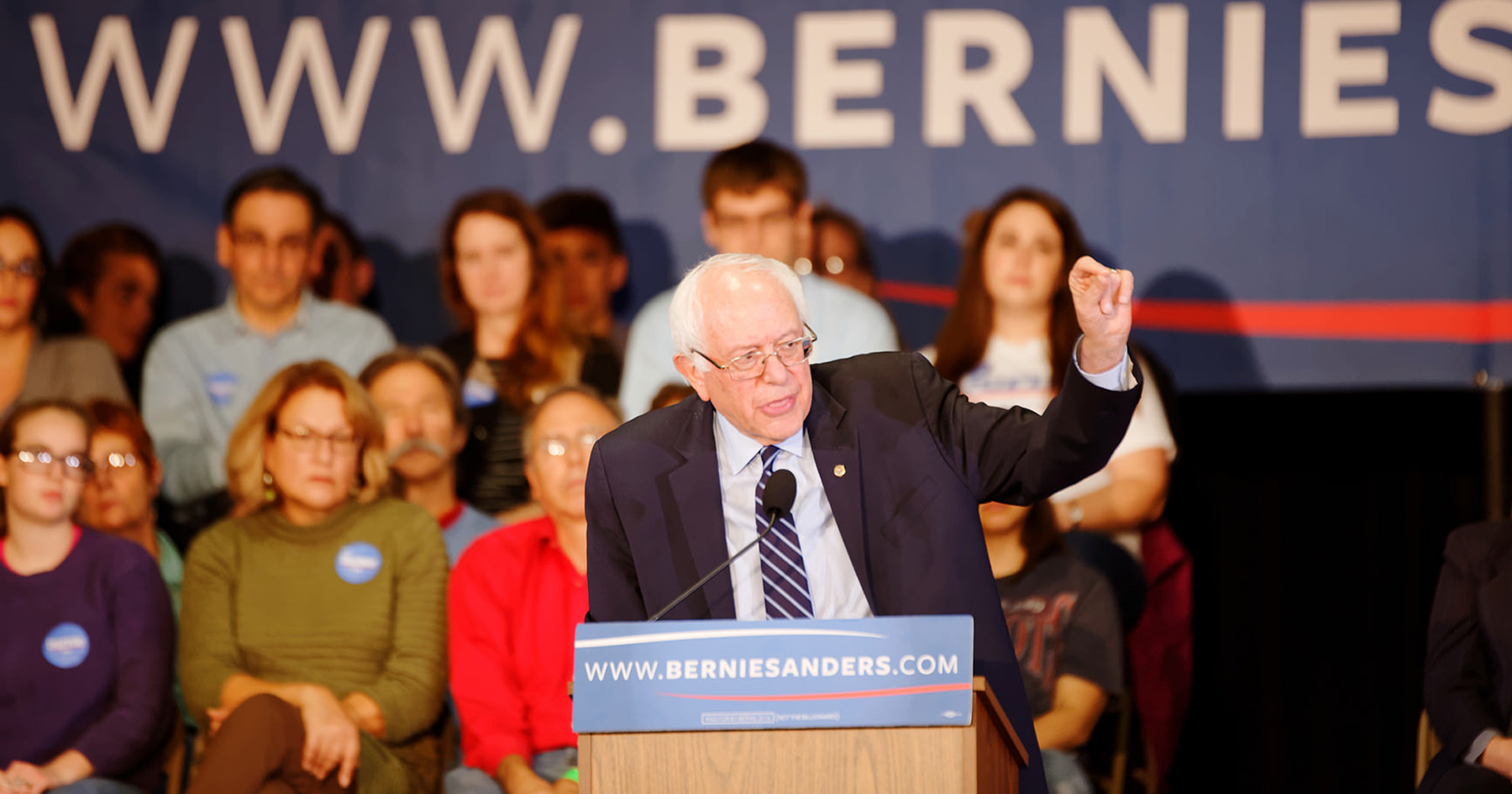The Renewed Calls for Reparations for African-Americans, Explained

By:
Last Friday, the United Nations Working Group of Experts on People of African Descent released a preliminary report urging the United States government to pay reparations to the descendants of Africans who were brought to the United States as slaves. The committee released the preliminary report after meeting with black Americans across the country — particularly activists of the Black Lives Matter movement.
 Flickr/The All-Nite Images - flic.kr
Flickr/The All-Nite Images - flic.kr
Mireille Fanon Mendes-France, the chairwoman of the committee, recently told reporters she was "extremely concerned about the human rights situation of African-Americans,” according to the Associated Press.
"Contemporary police killings and the trauma it creates are reminiscent of the racial terror lynchings in the past," Mendes-France stated to reporters. "Impunity for state violence has resulted in the current human rights crisis and must be addressed as a matter of urgency."
To a substantial amount of Americans, compensating descendants of Africans today, almost two centuries after slavery was abolished, might seem unreasonable due to the unfortunately popular idea that with the end of slavery came equality.
The reality is that post-slavery America was marked not only with rampant violence in the form of lynching and murders by police, but also the Jim Crow laws, segregation, and the rise of forms of virtual slavery, such as unjust sharecropping systems and the racist prison-industrial complex in America.
Without any education or means to survive independently, freed slaves, who were also widely targeted by racist terror attacks, faced just as many challenges in the post-slavery world, cementing inter-generational poverty that activists have pointed out affects many African Americans, today.
 Flickr/The All-Nite Images - flic.kr
Flickr/The All-Nite Images - flic.kr
Mendes-France has pointed out how this history of racial injustice that spans far beyond slavery has had long-term consequences for the Black community.
"The colonial history, the legacy of enslavement, racial subordination and segregation, racial terrorism and racial inequality in the U.S. remains a serious challenge as there has been no real commitment to reparations and to truth and reconciliation for people of African descent,” Mendes-France continued.
How the UN is suggesting America handle reparations.
The UN's Working Group of Experts on People of African Descent suggested at a Washington, D.C. press conference last week that Congress pass the Commission to Study Reparation Proposals for African-Americans Act, which would establish a national human rights commission and formally acknowledge the Atlantic slave trade as a crime against humanity.
While reparations are often conceptualized as payments of cash to those affected, Mendes-France suggested to Vice that reparations to the Black community be paid in the form of "full implementation of special programs based on education, socioeconomic, and environmental rights."
Politicians like Democratic presidential candidates Hillary Clinton and Bernie Sanders have brought education and socioeconomic rights for the Black community to the forefront of their party's political dialogue, from proposed plans for debt-free and tuition-free public college (respectively) to escalated discussions and policy ideas about police brutality toward African-Americans.
Sanders in particular has proposed legislation to combat the racially-charged modern prison-industrial complex, and supports federal legalization of marijuana to combat the War on Drugs, which disproportionately targets poor Black men.
.jpg?auto=format&crop=faces&fit=crop&q=60&w=736&ixlib=js-1.1.0) AP Photo/David Goldman - apimages.com
AP Photo/David Goldman - apimages.com
As the water crisis in Flint, Michigan, a predominantly poor, Black city, demonstrates, the "environmental rights" for African Americans demanded by Mendes-France remain out of reach for many low-income black communities across the nation. Both Clinton and Sanders have emerged as staunch critics of Michigan Governor Rick Snyder's actions regarding the water crisis, and suggested racial double standards in the situation.
Reparations in today's political dialogue.
Sanders was recently asked about reparations at a "Black-and-Brown" forum hosted by Fusion in January. Sanders responded that he opposed reparations, identifying the concept as "divisive" and unfeasible in Congress. His response has since received criticism from Ta-Nehisi Coates, a Black journalist who famously made the case for 21st-century reparations in articles published with The Atlantic in 2014.
This criticism by Coates in itself sparked a renewed debate about reparations at the end of January, after Mother Jones writer Kevin Drum suggested that Coates had minimal concrete ideas for how reparations could actually be delivered, in response to Coates' criticism of Sanders.
 Flickr/Michael Vadon - flic.kr
Flickr/Michael Vadon - flic.kr
At the forum, Sanders suggested that instead ambitious economic initiatives, such as job creation, tuition-free public college, and government investment in low-income communities of color should be utilized to dismantle modern racial inequality, a suggestion that closely reflected Mendes-France's idea of what modern reparations should look like.
In a recent article addressing the debate, Coates suggested that, given the appetite of liberals for more radically progressive policy, they should be more willing to embrace the possibility of reparations.
"Liberals and radicals see no problem imagining a socialist presidency. They do not demand specific details of how single-payer health care, free public-college tuition, and the break-up of big banks would make it through a Republican Congress. They are not wrong. God bless them and their radical imagination. I mean it. I just want them to imagine more."
What most Americans think of reparations.
In 2014, a YouGov/Huffington Post poll found that 75 percent of white Americans opposed reparations in all forms. As Coates has pointed out, the results indicate that white opposition to reparations was based less on perceived impracticality or even white Americans' perceptions of how reparations would be paid, but simply that those polled did not believe historical slavery or decades of Jim Crow laws, segregation, and anti-black domestic terrorism had impact on modern wealth inequality.
This historical ignorance was precisely what Coates set out to challenge with his 2014 "The Case for Reparations," which, in his own words, was meant to "show how the damage of slavery and Jim Crow was extended and compounded by ongoing discrimination, how this continues to devastate black communities, and why a debt was owed."
